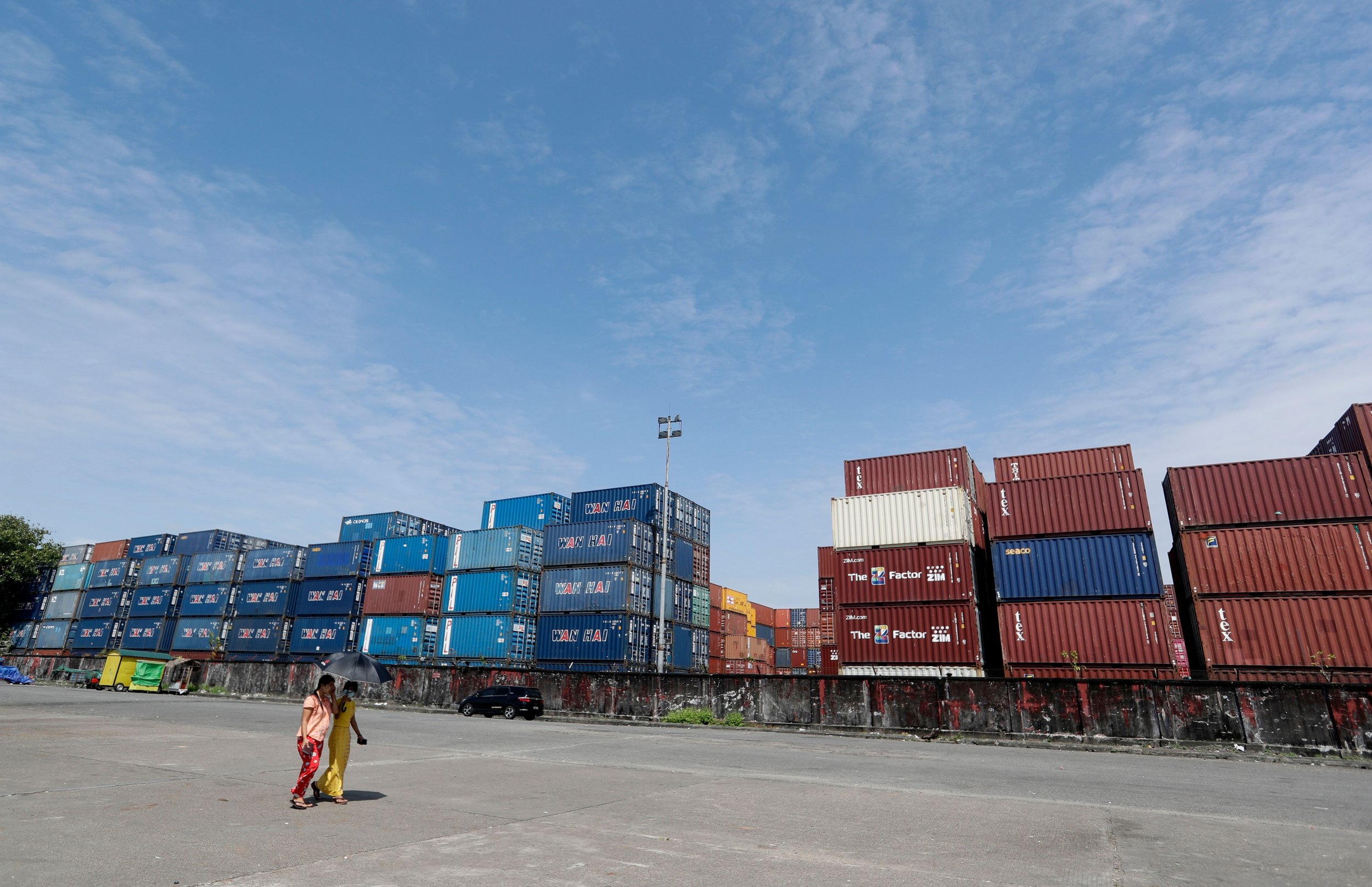
PROJECTS
Here, you will find a one-stop-shop for each SOC ACE research project including publications, information about events and external engagement, media and contact details for researchers.
Negotiating with criminal groups: Colombia’s Total Peace policy
This research results from the opportunity provided by the approval and implementation of the Total Peace policy in Colombia, a country that, despite the signature of a peace process in 2016, still has numerous armed and criminal groups inflicting significant violence onto the population. The Total Peace policy allows the government to negotiate with armed and criminal groups in order to reduce violence and protect life, providing a unique opportunity to conduct research on ongoing negotiations. This project aims to research the legal framework applied for the different types of engagement at the local and national level, the way in which criminal governance and the Total Peace policy interacts and identify the extent into which legal frameworks and local criminal governance structures shape negotiations with armed and criminal groups in Colombia.
Information Manipulation and Organised Crime
Information manipulation has been a growing concern in recent years, particularly in relation to the disinformation tactics employed by authoritarian regimes. However, the role of non-state actors, such as organised crime (OC) groups, in information manipulation has been largely overlooked. This evidence review aims to fill this gap by examining the various ways in which OC groups manipulate information to achieve their objectives and those of actors connected to them. Drawing on Nicholas Barnes' concept of 'political criminality' as well as on Makarenko’s OC-terrorism nexus framework, this study examines the varying degrees of proximity between criminal actors and the state …
Exploring mechanisms to recover the proceeds of kleptocracy
This project seeks to contribute to the ‘freeze to seize’ debate: how to move from temporary sanctions-based asset freezes of Russian-linked assets towards more permanent asset deprivation via criminal justice confiscation mechanisms. It does so by examining a range of established asset confiscation concepts and their operationalisation in specific jurisdictions, which have their basis not in sanctions designations but in evidentially-driven and judicially-overseen criminal justice processes. The research sets out the current limitations of UK civil recovery mechanisms and looks at examples of three alternative mechanisms (lowering the standard of proof, reversing the burden of proof and ‘societal danger’ models) across …
Incorporating serious organised crime into understandings of elite bargains & political settlements
This research builds on previous work on how states and societies that are in the throes of violent conflict can evolve from exclusionary political systems anchored in narrow pacts and agreements among elites (or what is referred to in the literature as “elite bargains”) into more peaceful, open, representative and inclusive political systems in the longer term (see the synthesis report here). An important insight from that research was that organised crime actors remain a significant gap in the evidence base on elite bargains and political settlements (or the ‘rules of the game’, both on paper and how they are …
Combatting trade-based money laundering: Do the Financial Action Task Force recommendations bite?
The Financial Action Task Force (FATF) focuses on combatting money laundering. In February 2012, it codified its recommendations setting the global standard on combating money laundering and terrorist financing. Countries voluntarily accept FATF recommendations and must produce their anti-money laundering (AML) framework for assessment by FATF once they’ve accepted. This project examines eight African and Middle Eastern countries that voluntarily implemented these recommendations from 2012 to 2020. It tests the hypothesis: Does implementing FATF recommendations reduce trade gaps? Using a ‘difference in difference’ methodology the project tests whether suspected illicit financial flows (IFF), measured through the trade-gap methods, decline after the decision to implement FATF recommendations.
Human trafficking in the Afghan context
Decades of wars and internal conflicts have driven generations and millions of Afghan families into impoverishment, illiteracy, unemployment, and displacement, rendering them unable to provide for their household members, particularly children. Political instability and conflicts have increased human suffering and vulnerabilities, eroded community resilience, stripped people of legitimate and viable economic options, opportunities, and livelihoods, as well as amplifying (in several cases also creating new forms of) human trafficking activities and practices. The research first provides a brief overview of human trafficking situations, forms, their widespread reach and practices in the Afghan context before and after the Taliban’s takeover in August 2021.
Illicit markets and targeted violence in Afghanistan
This project examines the potential of using illicit market violence in Afghanistan as a proxy to project current and future trends of other illicit and criminal market development in the country. It does so by using a methodology developed by GI-TOC to examine targeted assassinations. By applying variables from the methodology to research and analysis on targeted violence in Afghanistan during a period of increased violent crimes against civilians (2020-2021), the project map recent trends in the country and aims to explore whether monitoring such violence can serve as a proxy for understanding the changing dynamics of illicit economies and criminal actors at the national and regional scale.







